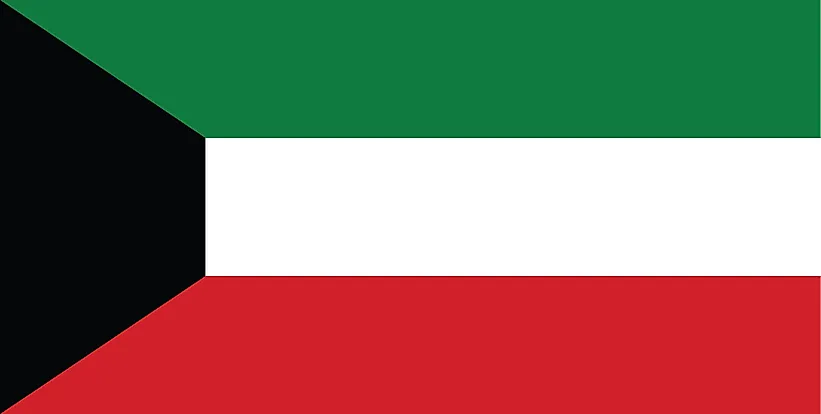
Kuwait
| Continent | Asia |
| Capital | Kuwait City |
| Population | 2,832,776 |
| GDP | $301.00 Billion |
| GDP per Capita | $71,300 |
| Dialing Code | +965 |
| ISO Code (2-letter) | KW |
| ISO Code (3-letter) | KWT |
Kuwait Landscapes






About Kuwait
Welcome to Kuwait, a nation where ancient maritime traditions meet modern prosperity. With approximately 4.3 million people occupying 17,818 square kilometers, Kuwait combines remarkable economic development with rich cultural heritage, standing as a significant player in the Arabian Gulf region.
Geographic Features and Natural Beauty
Kuwait’s geography encompasses a predominantly desert landscape with subtle variations, from coastal areas along the Persian Gulf to the slightly elevated regions in the west. The country features nine offshore islands, including Bubiyan, the largest.
The landscape includes the Ahmadi Ridge, providing slight elevation to the otherwise flat terrain, and numerous beautiful beaches along its 499-kilometer coastline. The country’s desert environment creates unique ecosystems adapted to extreme conditions.
Protected areas include the Sabah Al-Ahmad Natural Reserve, which preserves desert and marine ecosystems. The Kuwait Bay, one of the Persian Gulf’s largest natural harbors, has historically shaped the nation’s maritime culture.
Cultural Heritage and Traditions
Kuwaiti culture represents a blend of Arabian traditions with cosmopolitan influences. The country’s heritage includes traditional pearling and dhow-building industries, which shaped its pre-oil identity and continue to influence cultural expression.
Traditional arts include distinctive textile weaving, particularly the traditional bisht cloak, and intricate wooden dhow construction. Music and dance traditions, particularly the seafarer’s songs and pearl diver’s rhythms, reflect Kuwait’s maritime heritage.
Kuwaiti cuisine features traditional Gulf dishes with local variations, including machbous (spiced rice with meat) and various seafood specialties. The diwaniya tradition, where men gather for social and political discussions, remains a cornerstone of social life.
Historical Journey
Kuwait’s history spans from ancient settlements through various empires to its modern establishment as an independent state in 1961. The country’s strategic location made it an important trading post, leading to the development of a merchant class that shaped its political structure.
Significant periods include the founding of modern Kuwait by the Al-Sabah family in the 18th century, British protection era, independence, the 1990 Iraqi invasion, and subsequent liberation in 1991.
Modern Economic Landscape
Today’s Kuwaiti economy, built on vast oil reserves, combines petroleum industries with growing diversification initiatives. The country maintains one of the world’s largest sovereign wealth funds, ensuring long-term financial stability.
Recent initiatives focus on economic diversification, digital transformation, and sustainable development through the Kuwait Vision 2035 program. Kuwait’s strategic location continues to support its role as a regional commercial center.
International Relations and Global Position
Kuwait maintains significant diplomatic influence while promoting regional stability and international cooperation. The country’s humanitarian contributions and moderate foreign policy have earned it respect in international forums.
Did You Know?
• Kuwait’s Towers, particularly the Kuwait Towers, have become iconic symbols of modern architecture in the Gulf?
• The country’s diwaniya tradition dates back centuries and continues to influence political and social life?
• Kuwait was the first Gulf state to establish a directly elected parliament?
• The country’s sovereign wealth fund is one of the world’s largest, estimated at over $700 billion?
Conclusion
Kuwait represents a unique combination of traditional values and modern development. From its desert landscape to its vibrant cities, from its maritime heritage to its economic achievements, Kuwait continues to evolve while preserving its cultural identity. As it addresses challenges including economic diversification and environmental sustainability, Kuwait remains committed to its role as a regional leader while fostering sustainable development.